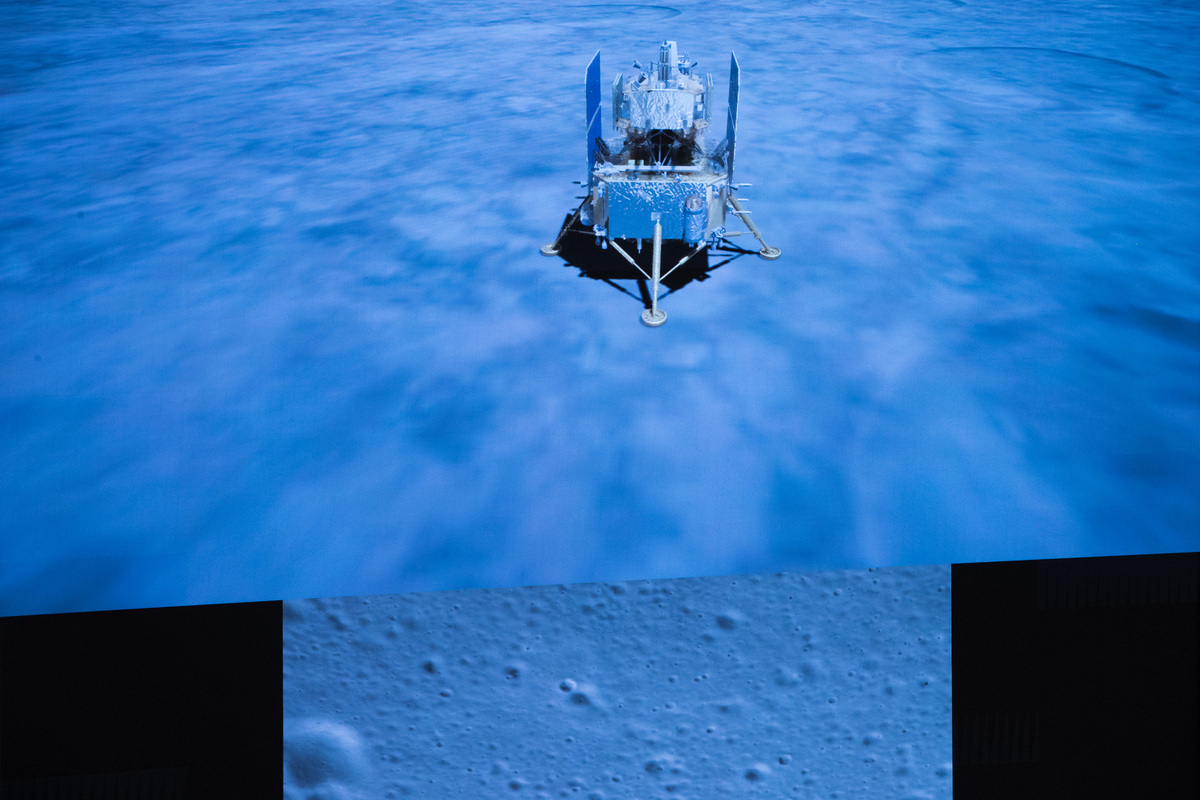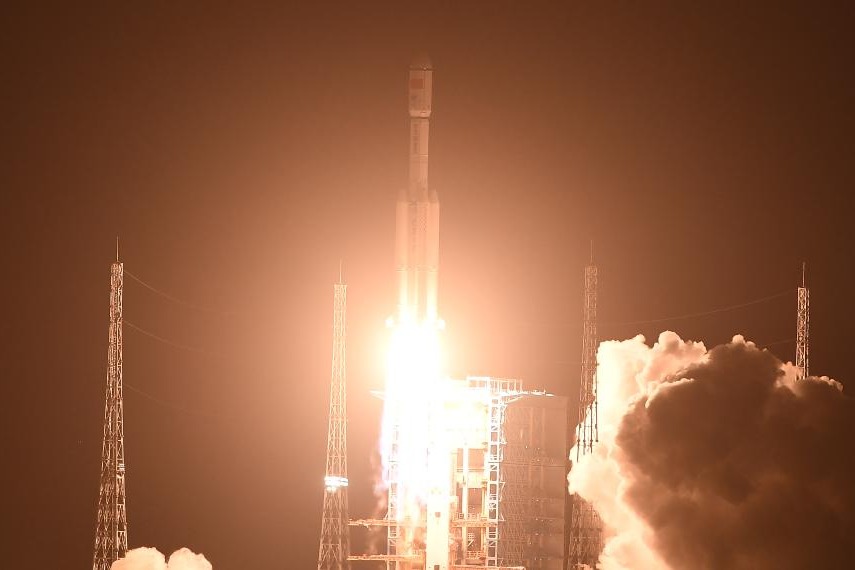Chang'e 5 mission worthwhile endeavor: China Daily editorial


When Chang'e 5 touched down on Tuesday, it was the third time that China has landed a probe on the moon. The task of collecting lunar rocks and soil has already finished and the samples have been sealed in the ascender ready to be brought back to Earth for scientists to study them.
Despite the fact that similar missions by the United States and the Soviet Union brought back materials from the moon more than four decades ago, their missions do not mean study of the moon had been exhausted. China's mission is of significance for the advancement of its own space technology. But it also marks the continuation of efforts to learn more about our planet's nearest neighbor.
The area where the probe has gathered rocks and soil is known as Sea of Storms and has never been previously explored, and the rocks and soil to be brought back will be of value if only because they are fresh.
Nor is the mission simply a repeat of the earlier US and Soviet efforts, as it involves innovations not seen in those lunar missions.
That China became the first country to send an unmanned rover to the far side of the moon last year points to the fact that its exploration of the space has entered a new phase, in which the country can conduct manned missions to the moon.
China launched its unmanned mission Tianwen-1 to Mars in July, which is expected to arrive in February. If Tianwen-1 is successful, China will definitely launch more missions to the moon and Mars, and possibly manned missions to both.
With the rapid development of its economy, it is natural that China should turn its eyes to the heavens and to contribute to human exploration of the solar system and help satisfy our common desire to learn more about the universe in which we live.
China has long welcomed cooperation with other countries in advancing space technology and for joint peaceful exploration of the moon, Mars and other heavenly bodies.
What China has achieved in this regard by joining the club of space-faring countries is impressive.
The congratulatory messages it has received from a number of major countries on the successful launch and landing of Chang'e 5 on the moon signify what China has achieved is a worthwhile contribution to human space endeavors.
If major countries were to join hands in the peaceful exploration of space, not only would it help build trust but also reduce the costs of space missions so that more could be achieved in a more efficient manner.

































